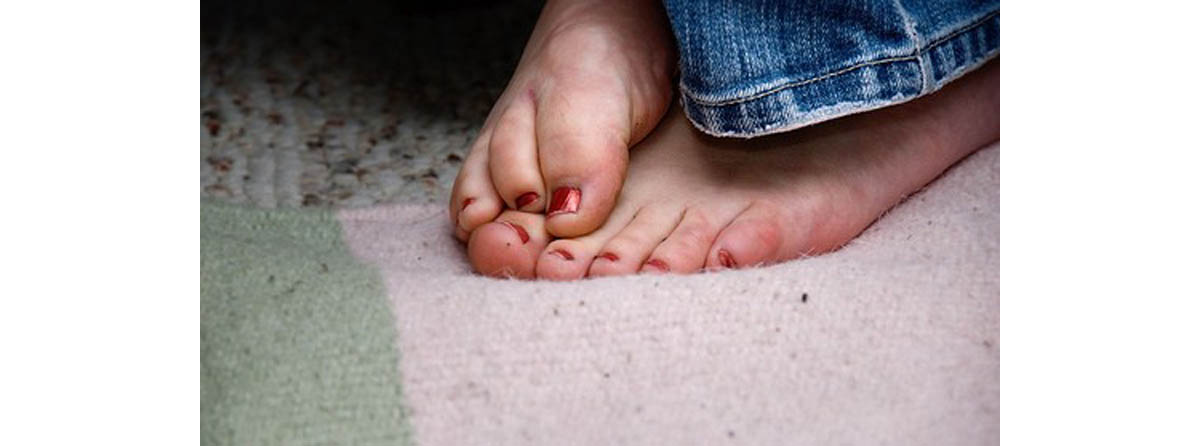Table of Contents
Do you suffer from cold hands and feet every winter, all winter long? You are likely to find your ailment irritating but not worrying enough to pay your doctor a visit. Think twice. Perpetually cold extremities can indicate poor blood circulation, underlying medical conditions you may not know about, and hormonal imbalances.

Everyone has cold hands and feet sometimes when the weather happens to be cold. That's normal, and definitely not a reason to see a doctor. People who always seem to have cold hands and feet during the cooler months, even when they are indoors, should be concerned. The same goes for folks whose hands and feet get so cold that they are afraid to venture outside during the winter, or so cold that they could literally cry.
A problem occurs if the blood vessels in your hands and feet narrow too much, or it happens for excessive periods of time.
If you have suffered from cold extremities for a long time, you may have given up all hope of ever feeling comfortable in winter. We'll give an overview of possible causes of cold hands and feet. The rest is up to you, but it is likely that you can find a cure!
Poor Blood Circulation: A Common Cause Of Cold Hands And Feet
An adequate blood circulation is essential to good health. Poor circulation means nutrients and oxygen have trouble reaching cells, and carbon dioxide and waste products can't be filtered out as well as they should be. Underlying causes of poor blood circulation include atherosclerosis, venous thrombosis, and deep vein thrombosis.
"Conditions" that are much easier to solve can also lead to a poor circulation — if you don't exercise enough and lead an inactive lifestyle, the solution may be as simple as a gym membership. Even high stress levels and clothing that fits too tightly can lead to circulation problems.
Besides cold hands and feet, symptoms of a poor blood circulation include pain and numbness in the legs, and in severe cases slackened facial muscles.
While everyone who thinks they may be developing poor circulation should pay their doctor a visit, there are quite a few things you can do to remedy the problem at home. Regular exercise is one of the major steps you can take to improve your circulation for the long haul. A diet rich in vitamins C and E will help, and cutting your cholesterol intake will prevent further problems. Some people take a gingko biloba supplement. There is evidence that this improves your blood flow. If you are currently a smoker, quitting should be a priority.
- Photo courtesy of Corey Balazowich by Flickr : www.flickr.com/photos/coreyann/1464662163/
- Photo courtesy of rosmary by Flickr : www.flickr.com/photos/rvoegtli/4945930558/

